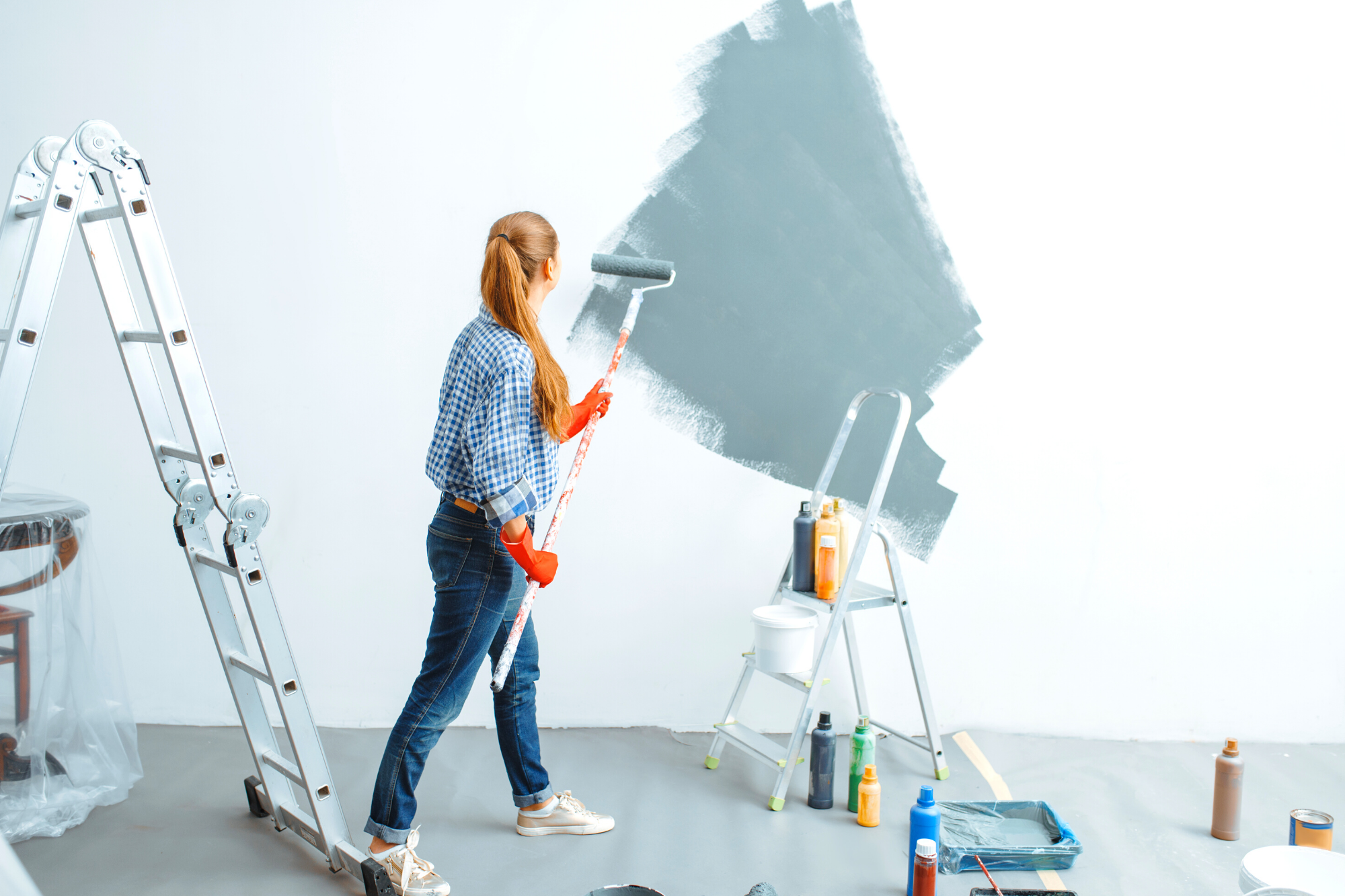HGTV has romanticized flipping houses. It’s easy to fall in love with this idea rooted in a noble desire to preserve history and restore homes to their intended glory. It also doesn’t hurt that many of these flips return a handsome profit for the hard work. You may even be thinking about doing this yourself! However, not every fixer-upper is a great deal, and if you’re not careful, you could end up with a money pit.
If you’re going to invest in a fixer-upper, whether to flip the house for a profit, rent the house out, or live in it yourself, make sure that you keep these four things in mind before deciding to buy.
1. The Location
There’s no point in investing thousands of dollars fixing up a house in a neighborhood full of abandoned buildings and overrun by criminal activity. The same can be said for a home in a location that isn’t easily accessible. It won’t matter how beautiful the house looks after the renovations are complete if the surrounding area is unlivable and no one wants to live there. If you’re going to buy a fixer-upper, make sure it’s in a neighborhood where the buyer demand is high.
2. The Floor Plan
When checking out a fixer-upper, pay attention to the floor plan. For example, suppose the kitchen is upstairs, and the only bathroom in the house is in the basement. In that case, you’re going to have to do some serious remodeling to remedy this – I’m talking moving pipes, ventilation, and rewiring electricity. Poor floor plans are probably not worth it since the amount of money it will take to fix them will likely negate any profit you might make.
3. The Condition
There’s a big difference between buying a house that needs a quick facelift and buying one that needs major renovations. It’s the difference between new paint, carpet, and fixtures or replacing the roof and the foundation. Unfortunately, certain repairs will cost way too much, making the house’s low price irrelevant.
4. The Configuration
The number of bedrooms and bathrooms matters. It’s the biggest deal-breaker for any buyer. A three-bedroom and two-bathroom fixer-upper will be a lot easier to flip than a two-bedroom and one-bathroom. Keep this in mind when looking at various fixer-upper investment properties.
If any of these things I just talked about are an issue, odds are you’ll be better off not investing in that particular house. That’s where I can help you make the best decision when it comes to purchasing a fixer-upper.
If you’re thinking about making a move (or know someone who is), I can help!




